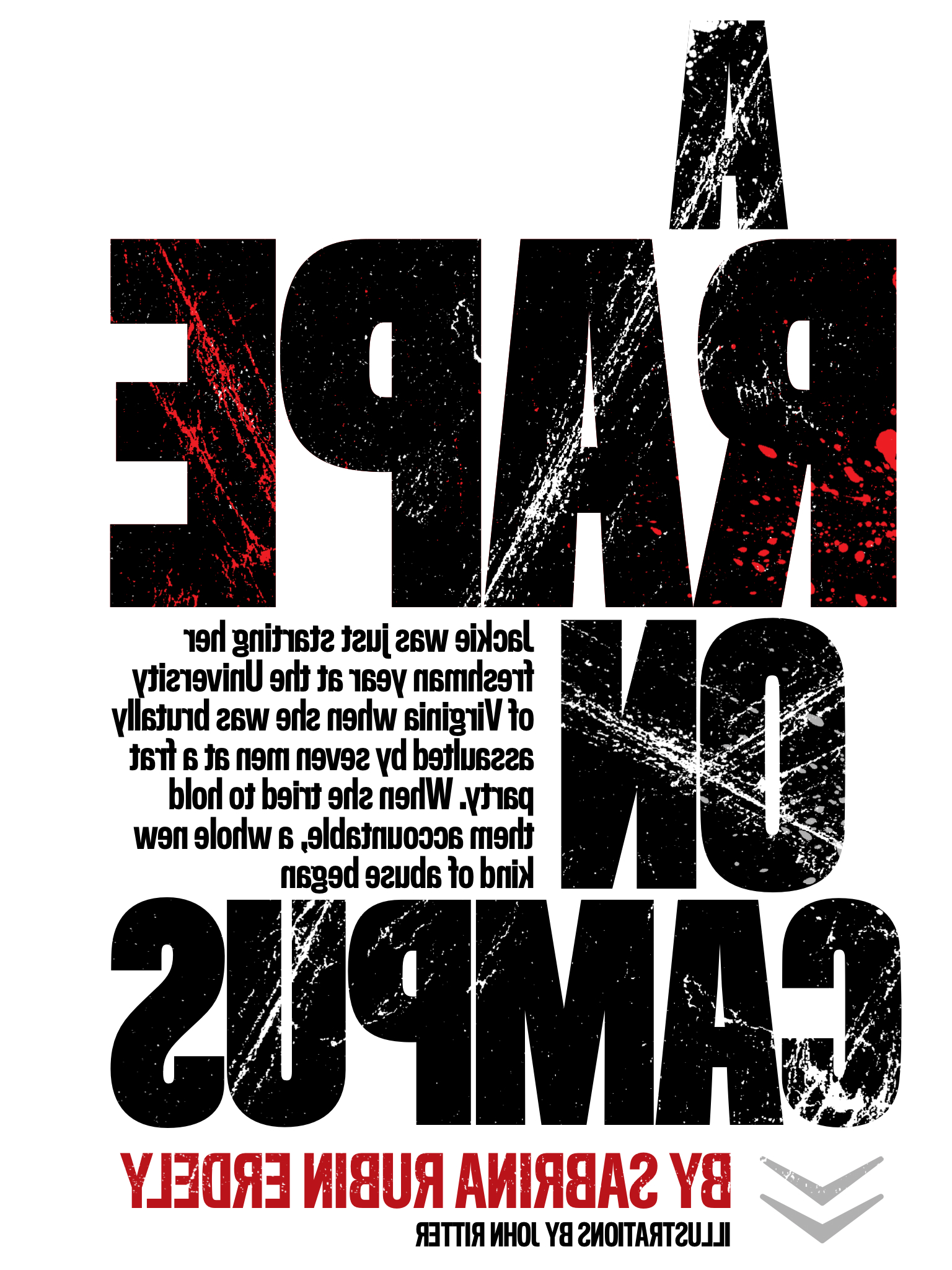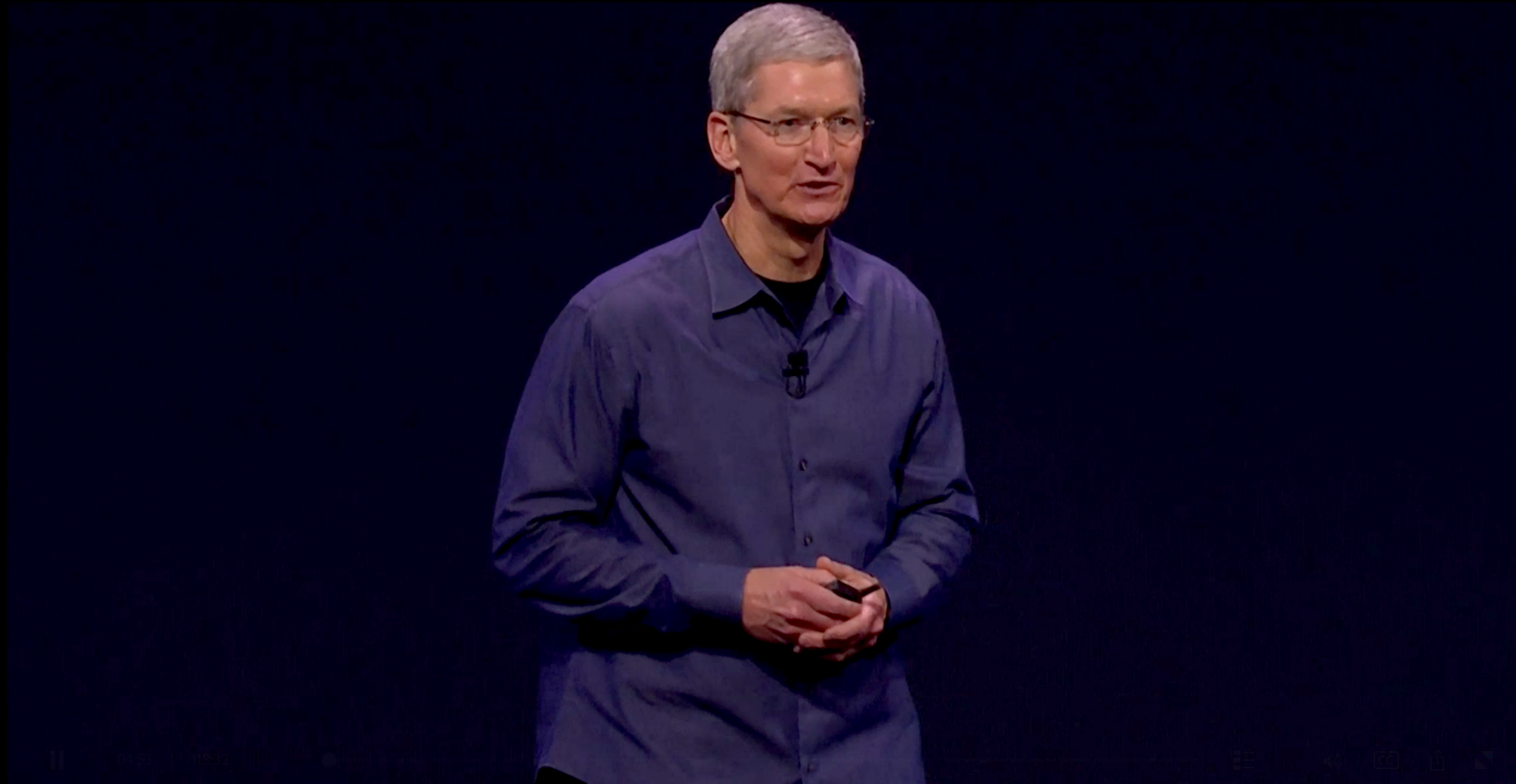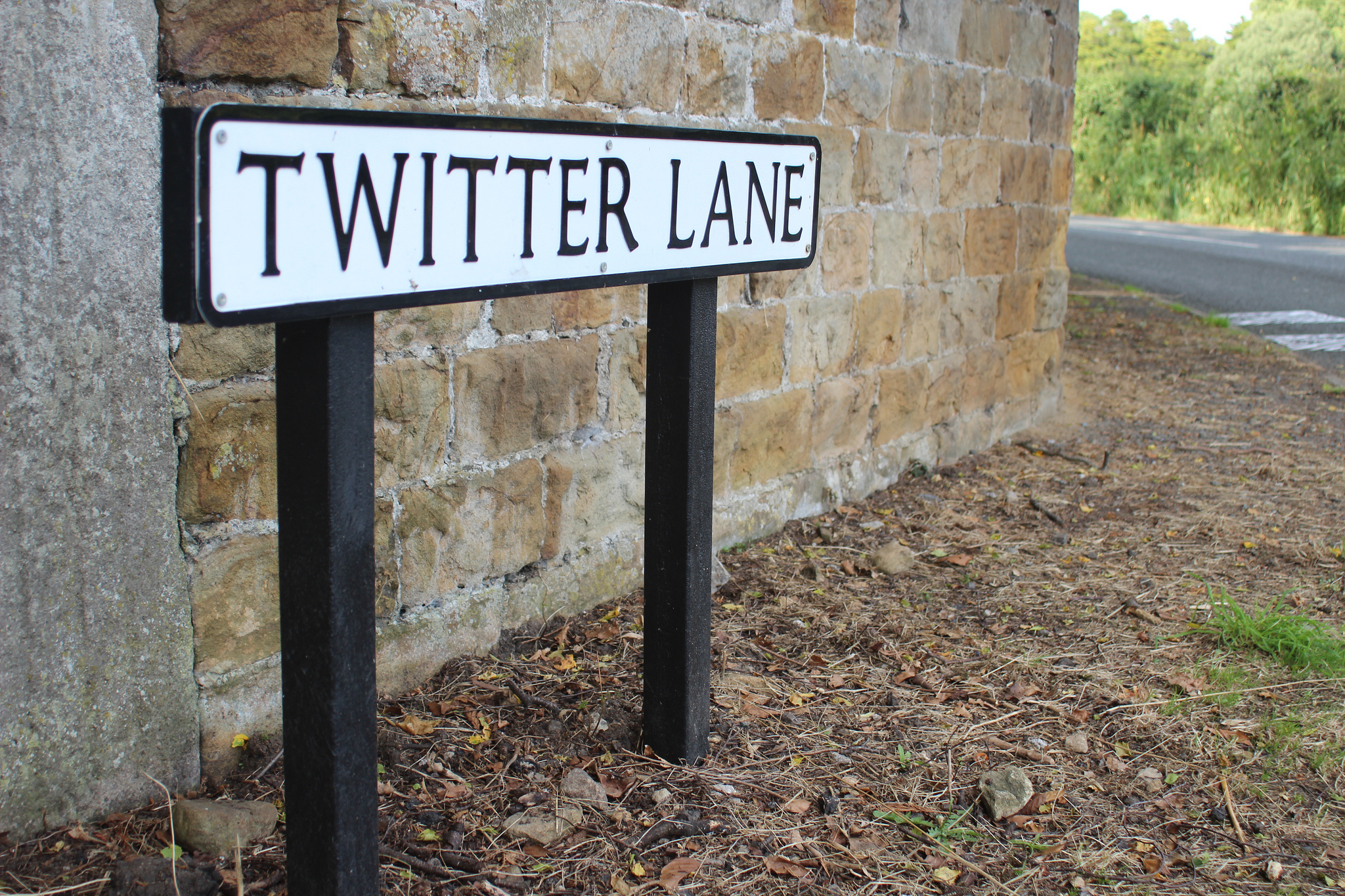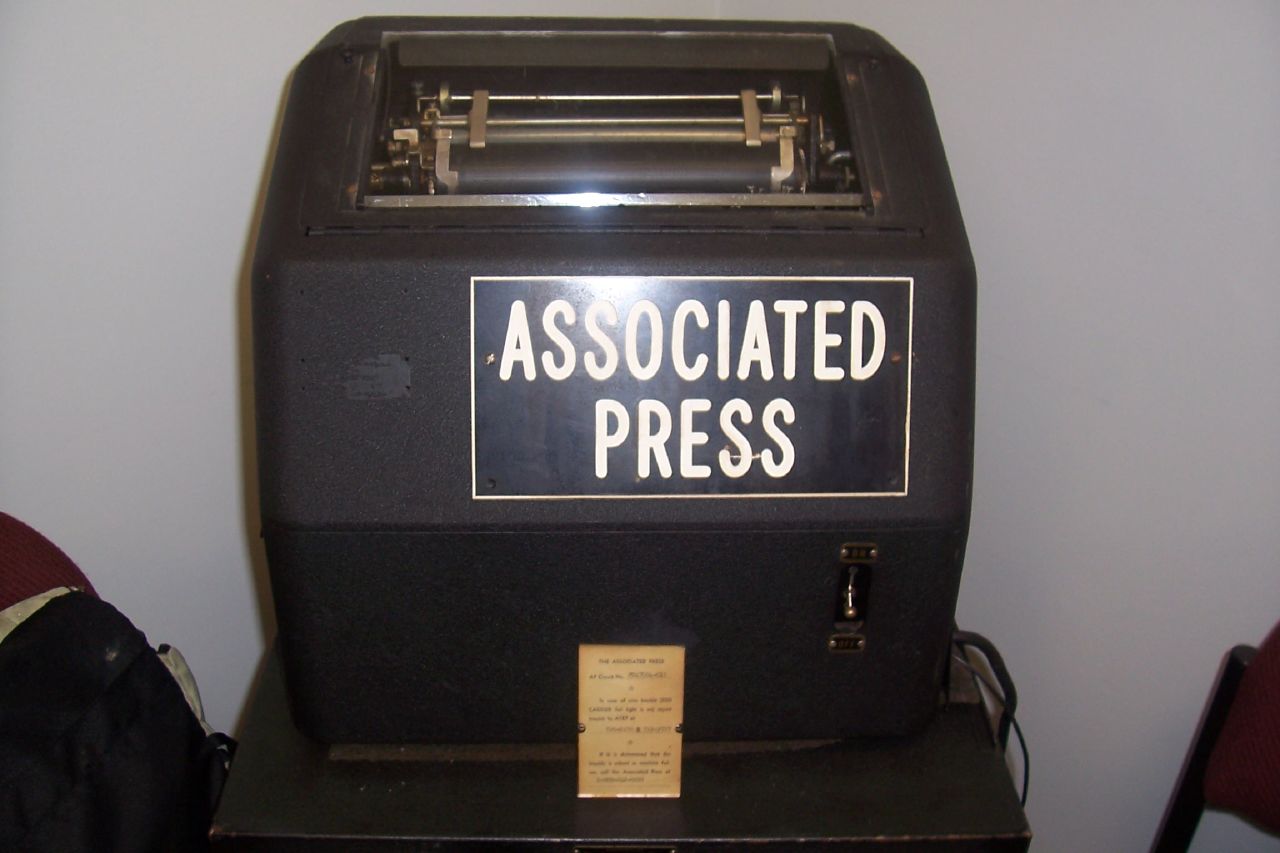Dramatic is my reaction to this protest shot from Freedom II Andres, in Makati City, Philippines, on Oct. 4, 2013. The second “Million People March” rallied against the country’s so-called pork-barrel scam that a Philippine Daily Inquirer investigative series exposed about two months earlier.
The photographer’s name is appropriate for a protest shot like this one, and spotlights his family heritage. The second of four sons, “we are all named Freedom“, he explains, “simply because our father was one of the student-activists of his time in the 1970s, when Filipinos fought against the dictatorship of then president Ferdinand Marcos”.










